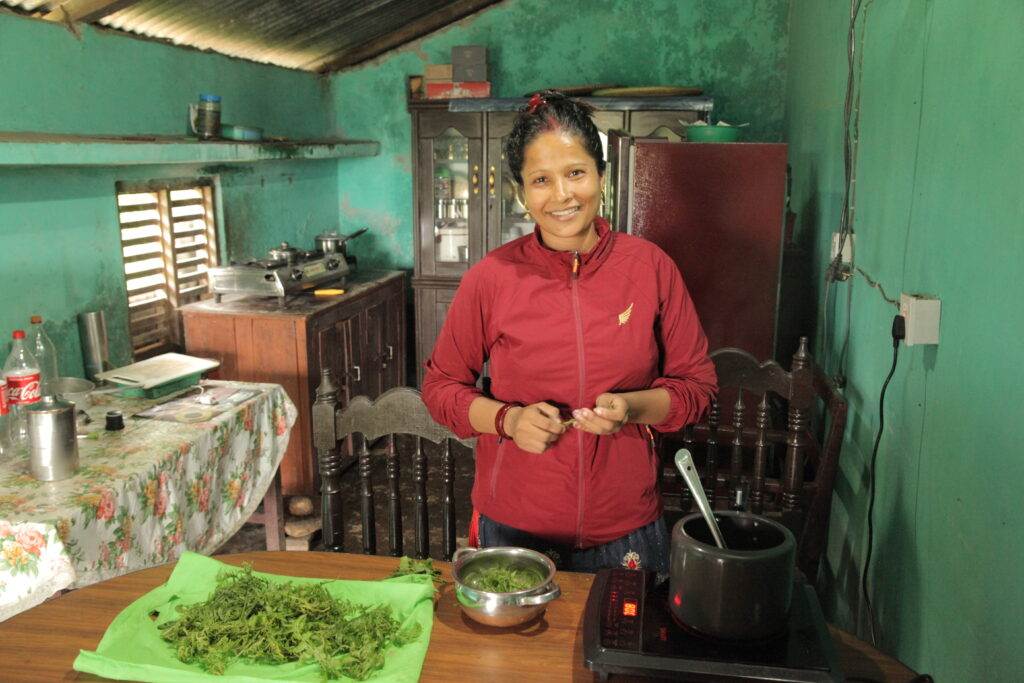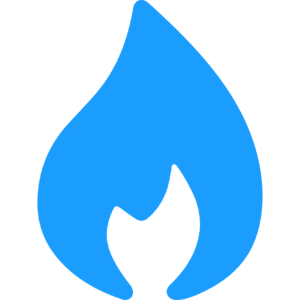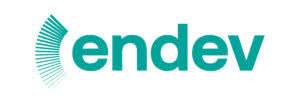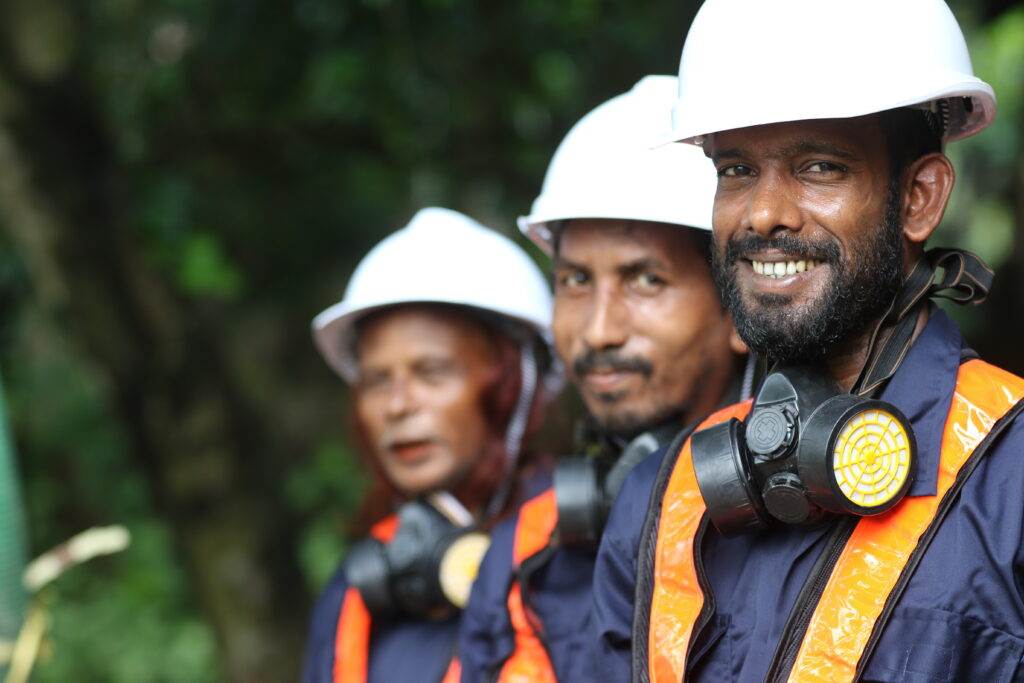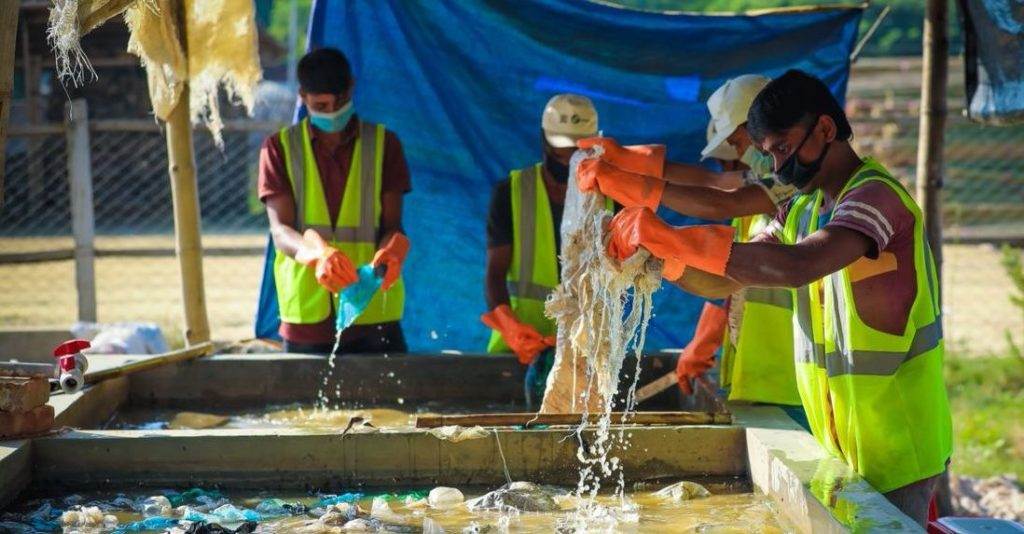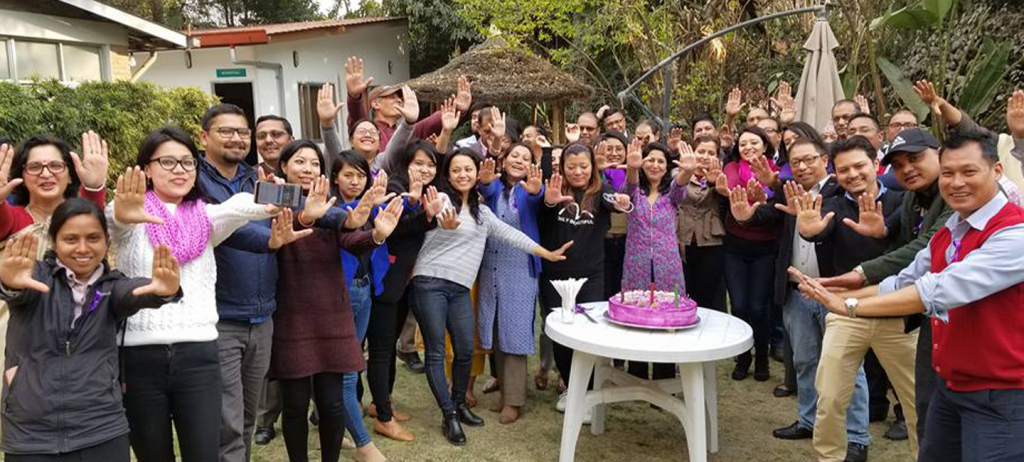Project Overview
Full title: Digital Innovation for Electric Cooking (eCooking) Market Development in Nepal
Dates: November 2021 – March 2023
Location: Gandaki Province, Western Nepal
Our role: Leading the application of digital technologies to accelerate the eCooking market; capturing and sharing our insights and key learnings.
Participants: 1,000 potential electric cooktop users, 10 last-mile distributors, 10 suppliers of eCooking products and 5 Community Rural Electrification Entities (CREEs).
Budget: 2.5 million Euros
Theme: Energy access
Implementing partners: National Association of Community Electricity Users Nepal (NACEUN); Ajummery Bikash Foundation (ABF)
Lead Donor: Energising Development (EnDev)



